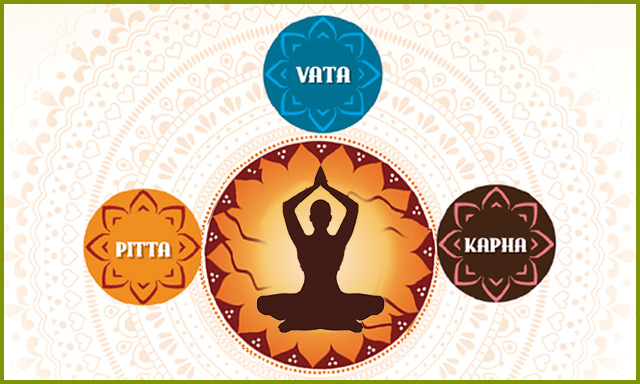
Prakruti analysis is a fundamental concept in Ayurveda, the ancient holistic healing system originating from India. It refers to the assessment of an individual's unique constitution or "prakruti," which is determined by the balance of the three doshas: Vata, Pitta, and Kapha.
The doshas represent different combinations of the five elements (space, air, fire, water, and earth) present in the body, and each person typically has a dominant dosha or a combination of two dominant doshas. Understanding one's prakruti is essential in Ayurveda as it provides insights into an individual's inherent physical, mental, and emotional characteristics, as well as their susceptibility to imbalances and diseases.
Prakruti analysis involves a comprehensive evaluation of various factors, including physical attributes, personality traits, dietary preferences, sleep patterns, and overall lifestyle habits. By assessing these factors, Ayurvedic practitioners can determine a person's unique constitution and tailor personalized recommendations for diet, lifestyle modifications, herbal remedies, and therapeutic interventions to restore balance and promote optimal health.
The aim of prakruti analysis is not only to address existing health concerns but also to prevent imbalances and diseases by promoting harmony and equilibrium within the body and mind. Through prakruti analysis, individuals gain a deeper understanding of themselves and learn how to align their lifestyle choices with their innate constitution to achieve overall well-being and longevity.


